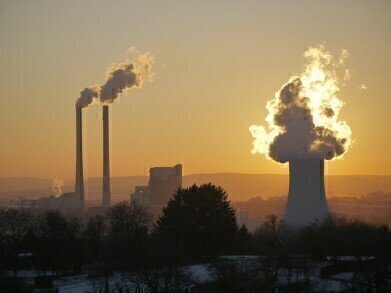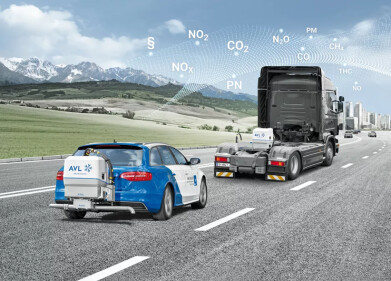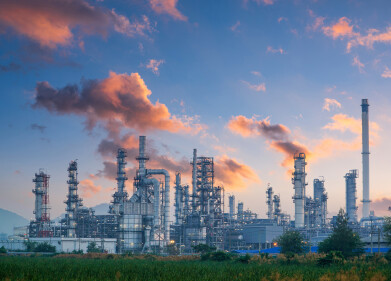Air Monitoring
Where Are Britain’s Most Polluted Areas?
Jan 17 2018
According to recent studies NO2 gas has been projected to shorten the lives of 40,000 people per year in the UK. Understandably, people want to avoid the NO2 hotspots. But, do you know how safe your area is? Read on as we look at Britain’s most polluted areas.
What causes air pollution?
The main source of air pollution is the burning of fossil fuels for heating, cooking and most significantly transportation. Commercial and industrial services, as well as road traffic across the whole of the UK, leads to high-levels of NO2 emissions. The article ‘ECO PHYSICS’ NOx Detectors / NOx in the Field of Burners and Boilers’ looks at how nitrogen oxide emissions can be lowered in the future.
Another type of air pollution is particulate matter which has a diameter of less than 2.5 micrometres – more commonly known as PM2.5. Because these particles are so fine and small they linger for much longer and can contribute to poor health and breathing problems.
Air pollution can be very dangerous and can contribute to health issues, especially in young children. Therefore, if you’re trying to pick the perfect place to live in the UK it’s best to avoid those densely populated areas and pollution hotspots.
Pollution hotspots
Research from the World Health Organisation suggests that millions of people across the UK are inhaling dangerous air. But where exactly is the worst? According to studies on PM2.5, the worst places in the UK for air quality are Glasgow, Scunthorpe and Leeds. As for specific areas, Marylebone Road and Hyde Park Corner in London have been named as the most polluted postcodes in the UK.
It’s not all bad news though. Results also showed that there are large areas of Britain which have comparatively clean air. The north of England and Cornwall are said to have the lowest levels of pollution, with levels decreasing steadily across the UK.
How to avoid pollution
There are a few ways you can make changes to your daily routine to avoid air pollution. If you need to drive, then keep away from busiest roads using side roads where there is less traffic. At home avoid smoking indoors and make sure your gas stove is well-ventilated.
The UK government intends to play their part by trying to tackle pollution by banning diesel and petrol cars by 2040 – leading Britain into a ‘electric revolution’. The future is certainly looking less bleak too. Research from the company EarthSense highlights that air quality is improving in the UK.
As for exercise, the technical director Prof Roland Leigh suggests that it is still always better to exercise outside rather than being sedentary trying to avoid the pollution. So, even if the wintry weather spells have put you off, there’s no environmental excuse to give up that morning run just yet.
Digital Edition
IET 34.2 March 2024
April 2024
Gas Detection - Biogas batch fermentation system for laboratory use with automatic gas analysis in real time Water/Wastewater - Upcycling sensors for sustainable nature management - Prist...
View all digital editions
Events
Apr 22 2024 Hannover, Germany
Apr 22 2024 Marrakech, Morroco
Apr 23 2024 Kuala Lumpur, Malaysia
Apr 23 2024 Kintex, South Korea
Apr 23 2024 Edmonton, AB, Canada


















